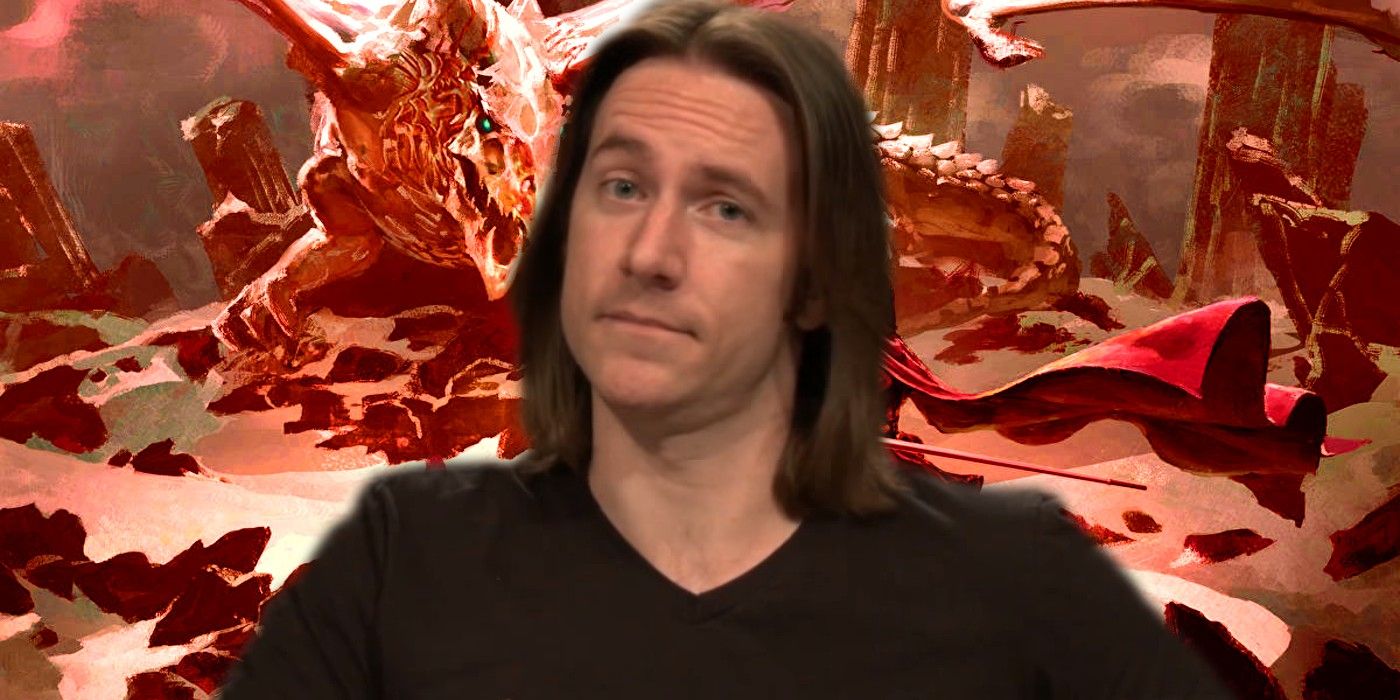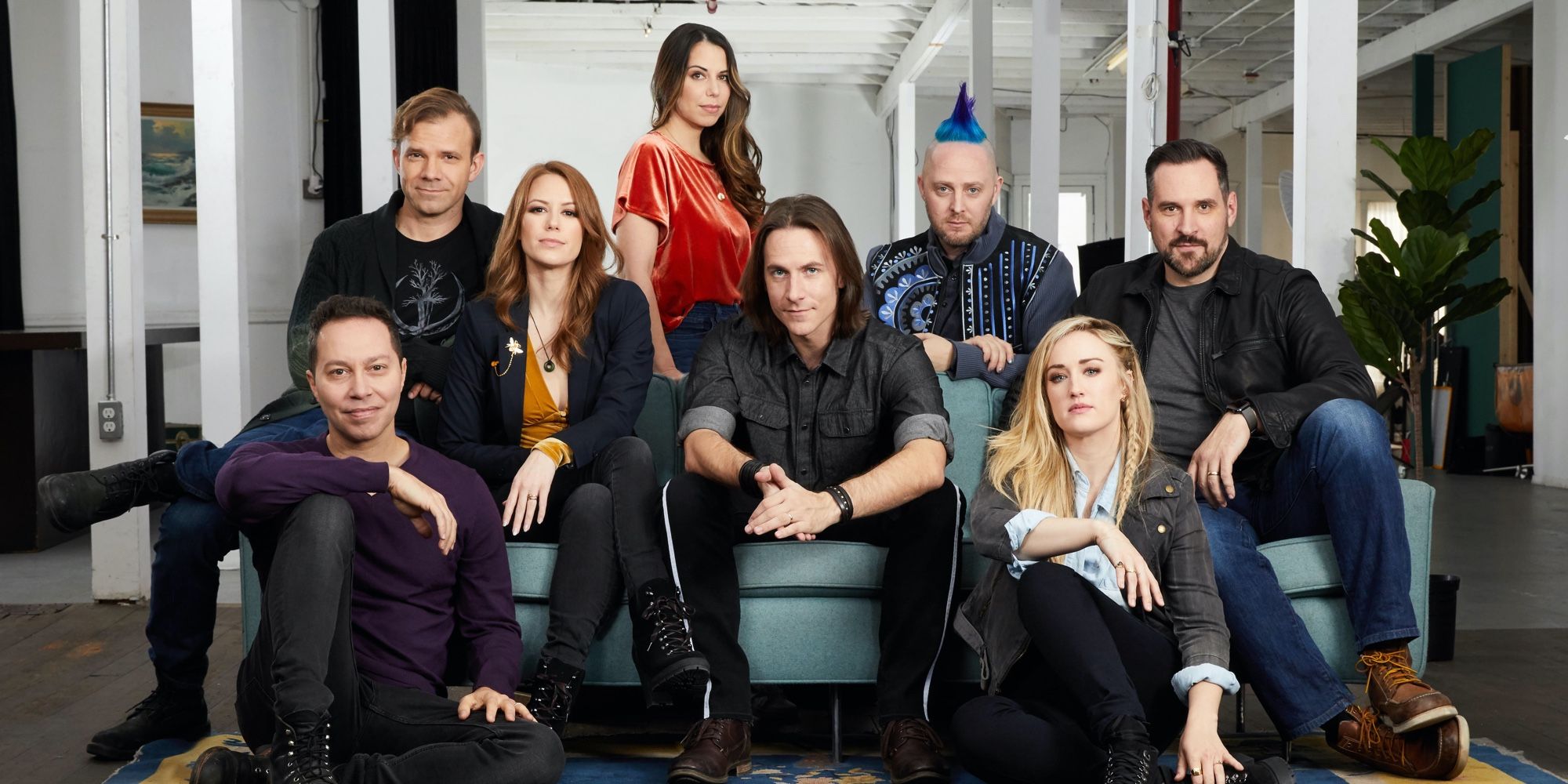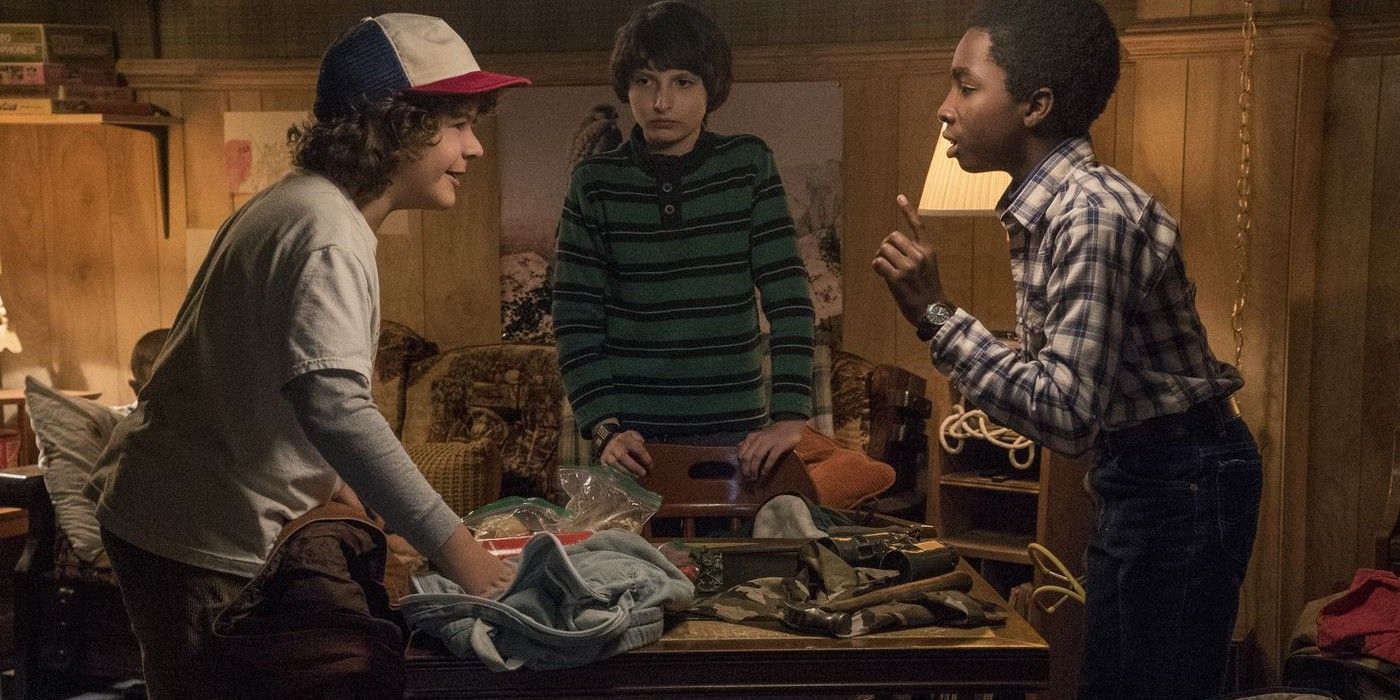Known colloquially as the “Mercer Effect,” the phenomenon harming a lot of Dungeons and Dragons parties gets its name from famed Dungeon Master and voice actor Matthew Mercer. Mercer runs games for the show Critical Role, where he and the rest of the cast play Dungeons and Dragons for live audiences. Critical Role has seen a lot of success since its start a little over five years ago. The D&D show averages near 40,000 views a stream, broke Kickstarter records by raising over $11.3 million, led to an animated series on Prime Video based on their first campaign.
But all of this success is not without consequence, as the “Mercer Effect” from Critical Role is something affecting many DMs and parties in the D&D community. The effect in question is what happens when fans of Critical Role decide to try and play Dungeons and Dragons after learning from the show’s example. Because the new players are only familiar with the tabletop RPG at the peak level of entertainment Critical Role offers, some expect for their experience to mirror the show’s quality. It’s become such a problem that Mercer himself has addressed it.
How Critical Role’s Dungeons & Dragons Streams Affect The D&D Community
After finding out that most games out there use graph paper and markers for maps instead of 3D terrains, and that their Dungeon Master and party do not meet the level of talent of a dedicated group of professionals, new players tend to leave their games disappointed. The high-quality of Critical Role is giving fans new to the tabletop RPG community unrealistic expectations when it comes to the average game of Dungeons and Dragons.
The solution to Critical Role's “Mercer Effect” has to come from both sides. On the players’ side, comparing a D&D home game to an episode of Critical Role is like comparing hanging out with friends to the show Friends. It’s not a fair expectation to put the pressures of the level of quality the Critical Role cast and Mercer (as well as Critical Role's guest DMs) perform at on that of everyone else who plays the game as a hobby.
On the game masters’ side, all that’s needed is an abundant amount of patience. Simply explaining that Critical Role (especially at the level it’s at now) is not a fair representation of how Dungeons and Dragons is actually played is the move to make. If the new players sat at the table (or, more likely, on the other end of a Discord call) can’t understand that, then it’s not on the game’s DM to try and conform to their expectations. Originality and entertainment is what Dungeons and Dragons is all about, and every campaign out there is going to be a different experience.
Critical Role Isn't The Only Thing To Make D&D Mainstream
While Critical Role is the most popular live-streamed D&D game, it's far from the only piece of media that brought D&D into the mainstream and could lead to skewed expectations for the games. Actual Play podcasts such as The Adventure Zone or Rude Tales of Magic, in addition to video series like Dimension 20 or Acquisitions Incorporated, have all attracted tens of thousands of viewers, and use professional production techniques and sometimes editing to create compelling narrative content that cuts out a lot of the indecision and real-life interruptions which are common in the average D&D game.
Dungeons & Dragons has also been featured in numerous mainstream TV shows and films. Comedies such as The Big Bang Theory and Community have aired episodes based around D&D games, while Stranger Things not only shows characters playing the games but incorporates numerous concepts and monsters from Dungeons & Dragons lore into its ongoing plot. These shows may depict more mundane games but still feature actors who are probably funnier and more telegenic than the group at the local gaming shop. The 2023 Dungeons and Dragons: Honor Among Thieves movie is a further attempt to market the game to a mass audience featuring well-known actors and a good dose of humor.
This popularity of Actual Plays and D&D adjacent media has been a double-edged sword for Wizards of the Coast, who have sought to capitalize on the popularity of Critical Role and other shows by creating their own highly-produced streams and live events. While this has resulted in record popularity for the game, it has also created the impression that roleplaying games are about performing highly entertaining, coherent narratives instead of embracing creativity and bonding with other players. Matt Mercer has unfortunately become the face of this phenomenon, hence the "Matt Mercer effect", but he and Critical Role are far from the only ones responsible, or even the worst offenders.



